16 Reasons Not to Move to Japan
Japan is known for its culture, technology, and rich history. While it attracts millions of tourists every year, some people also consider moving there permanently for work, study, or simply to experience the unique way of life.
However, every place has its downsides, and Japan is no exception. In this in-depth article, we will discuss various reasons why moving to Japan may not be the best choice for everyone.
- Japan has a very different culture from Western culture, which can make it difficult to adjust to the new environment, especially if you don’t speak the language.
- City life in Japan is expensive, and finding a job without speaking Japanese can be difficult.
- English proficiency is lower in Japan than in other industrial countries outside the Anglosphere, so finding someone who speaks fluent English is not so common.
1. 🗣️Language Barrier
Japanese is a complex language that takes time and dedication to learn fluently.
Its writing systems include kanji (Chinese characters), hiragana, and katakana syllabaries – none of which resemble Latin-based scripts – making it challenging for Westerners.
If you’re not fluent in Japanese, day-to-day life can be frustrating as communicating with locals might prove difficult. Although some Japanese people speak English at different proficiency levels, it’s unwise to rely on this.
Furthermore, language barriers can also limit your career options (unless you work in a field where Japanese isn’t essential).
2.🎎 Cultural Challenges
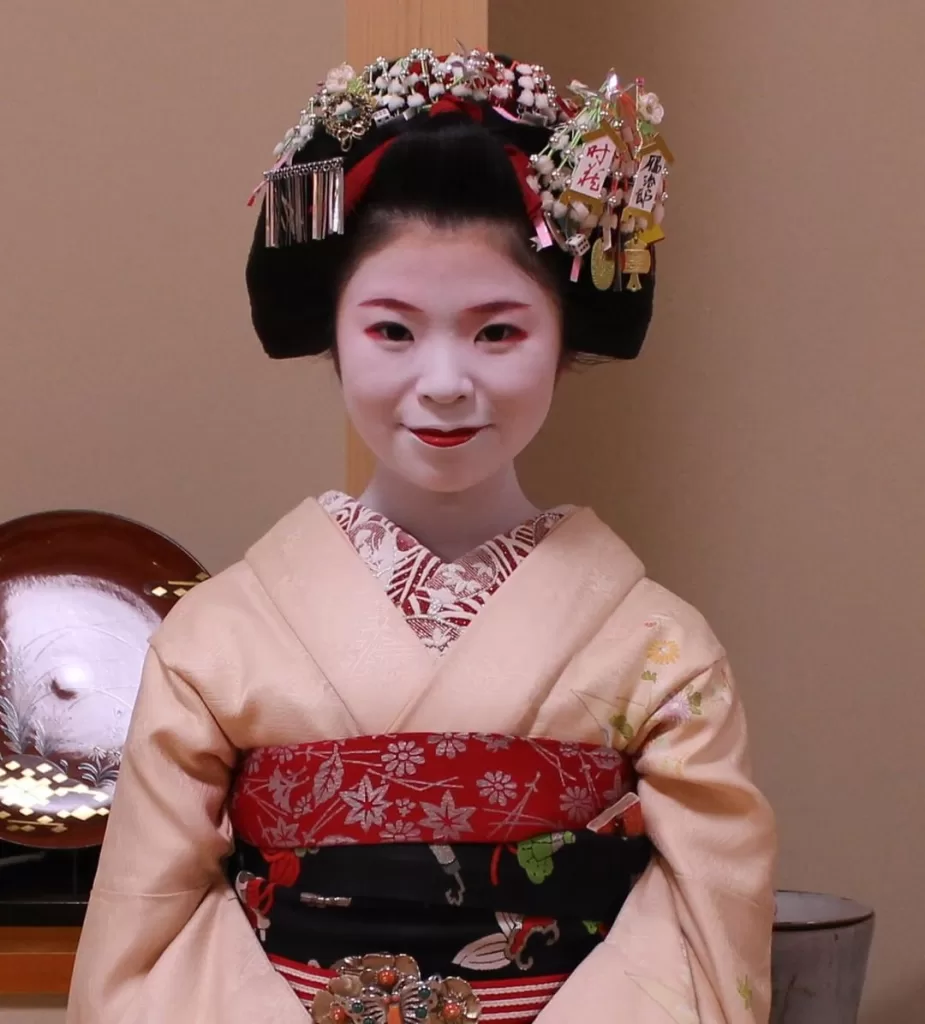
Adapting to Japanese culture and social norms can be challenging for foreigners. A key aspect of their way of life is maintaining harmony and avoiding confrontation, which sometimes translates into excessive politeness and an emphasis on non-verbal communication.
You’ll often encounter ambiguous answers, such as “maybe,” and it’ll be your responsibility to read the situation.
Apart from that, hierarchical relationships are a crucial part of Japanese culture, particularly in professional settings.
You may find yourself adjusting to this while learning to navigate cultural nuances around gift-giving, etiquette at the dining table, and public behavior.
3. 💼 Work Culture

Work-life balance remains an elusive concept for most Japanese workers. Expect long hours and an intense dedication to the job, even if it takes a toll on your personal well-being.
Many employees tend to stay late out of loyalty or not wanting to be seen leaving before their superiors.
As a foreigner, you might also face communication barriers at work or struggle with finding jobs beyond teaching English or working in multinational companies.
4.🏠 Limited Housing Options
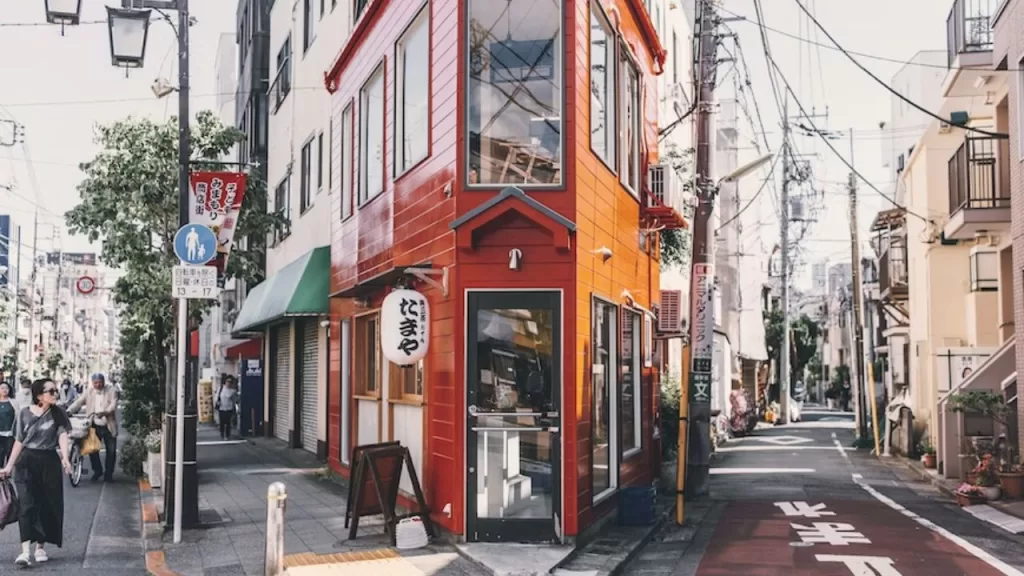
Apart from housing costs discussed earlier, Japan is notorious for its small living spaces. Apartments are often compact with limited storage areas, making it hard to accommodate large families or those accustomed to more generous living spaces.
In addition, traditional Japanese-style residences may lack insulation and central heating systems – issues that might crop up during Japan’s notably hot summers and cold winters.
5. 🌏Outsider Status

Even if you speak fluent Japanese and adapt to the local customs, many foreigners continue feeling like outsiders throughout their lives in Japan.
Japan’s homogenous population tends to be wary of accepting foreigners as fully integrated members of society.
As such, you may be addressed as “gaijin” (foreigner) no matter how well you speak the language or how long you’ve lived there.
6. 🌋Natural Disasters

Japan experiences several natural disasters annually – ranging from earthquakes and tsunamis to typhoons and volcanic eruptions. These can cause distress, particularly for people unaccustomed to such occurrences.
While the country is well-prepared for emergencies and efficient recovery efforts, living with these realities can be taxing.
7.📚 Rigid Educational System
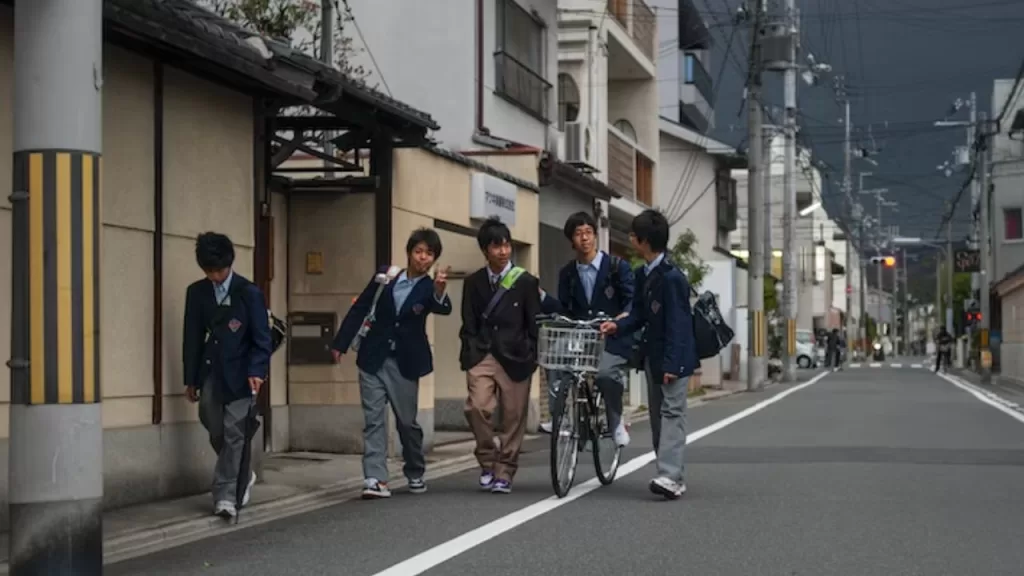
For families with children, the Japanese educational system may seem daunting due to its rigidity and emphasis on standardized testing. The pressure to perform well in entrance exams for prestigious schools leads many students to participate in juku (cram schools) after regular schooling hours.
This leaves little time for extracurricular activities or developing passions outside of academics.
While the education quality is generally high, some parents might find this system too stressful for their children, which affects their overall development.
8. 🌈Limited Diversity
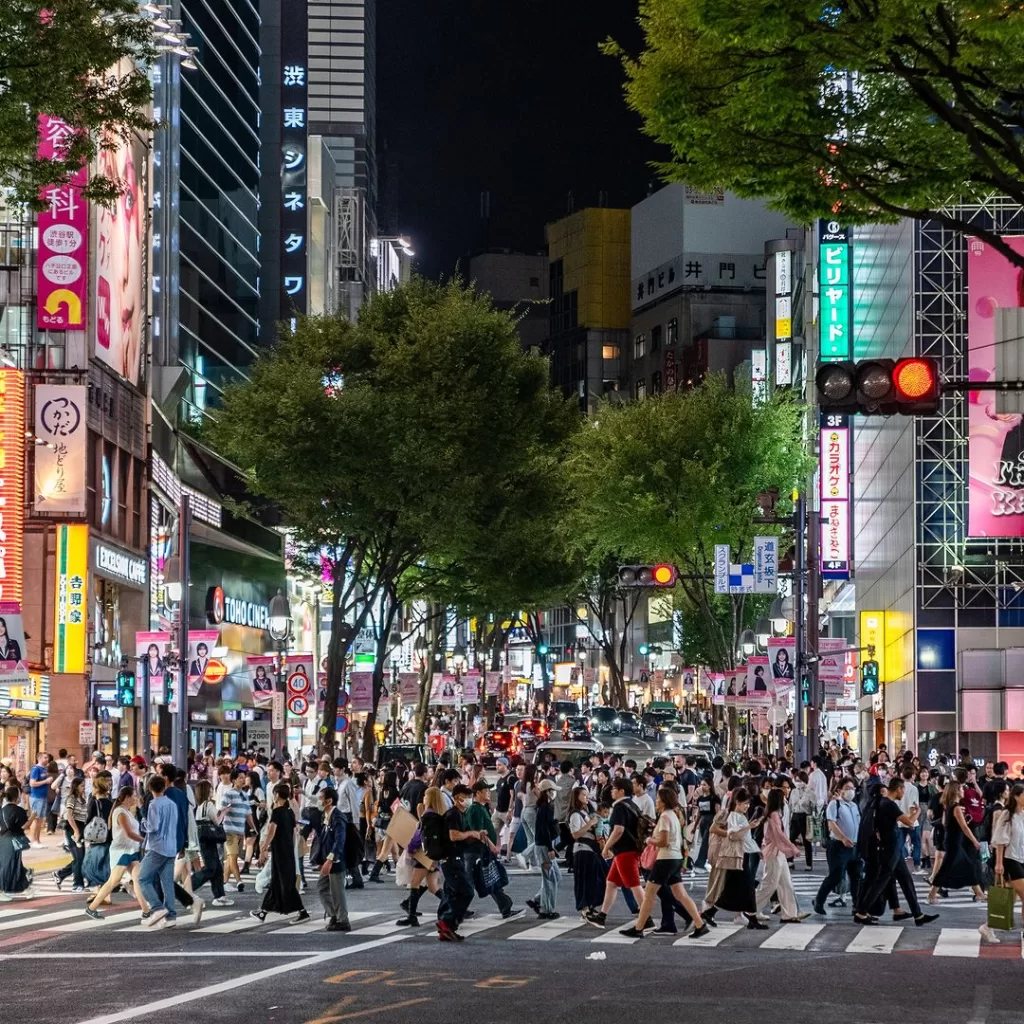
Japan’s homogenous population may result in foreigners feeling a sense of isolation or craving cultural diversity, especially if one is not proficient in the language.
Interracial or intercultural relationships might report feelings of alienation or struggle to connect with like-minded individuals who share similar backgrounds and experiences.
Being unable to immerse yourself in a diverse community may make it hard to create strong social connections.
9. 🏥Healthcare System Challenges

Japan offers universal healthcare, but there might be communication barriers while seeking medical treatment. Many healthcare providers and staff have limited English proficiency, making it difficult for foreigners to explain symptoms or comprehend medical advice accurately.
Additionally, certain medications from your home country may not be available or have different policies regarding prescriptions.
You might need to adapt to Japan’s approach to healthcare, including their preference for traditional medicine and reliance on insurance paperwork.
10. 🚆Long Commutes and Crowded Infrastructure
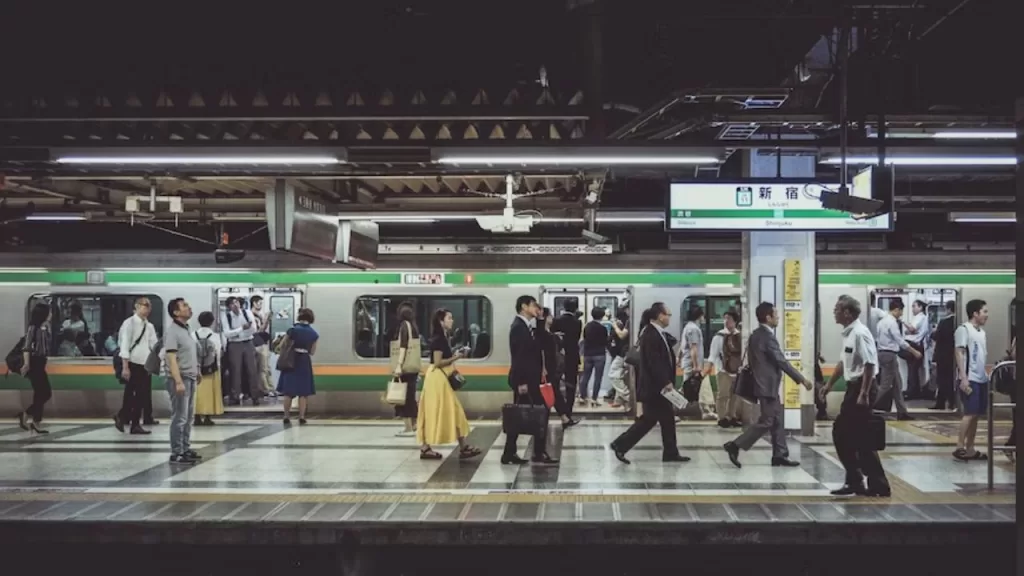
Cities such as Tokyo and Osaka are notoriously congested, which can lead to long commutes and overcrowded public transport systems during rush hours.
Train rides during peak times can be uncomfortable and packed tightly among strangers – a challenging experience, particularly if you’re not accustomed to such an environment.
Furthermore, navigating these cities with a car isn’t any easier considering the heavy traffic and expensive parking fees. Adjusting to life in densely populated urban areas could be strenuous for some people.
11. 🛒Difficulties in Finding Specialized Groceries or Products
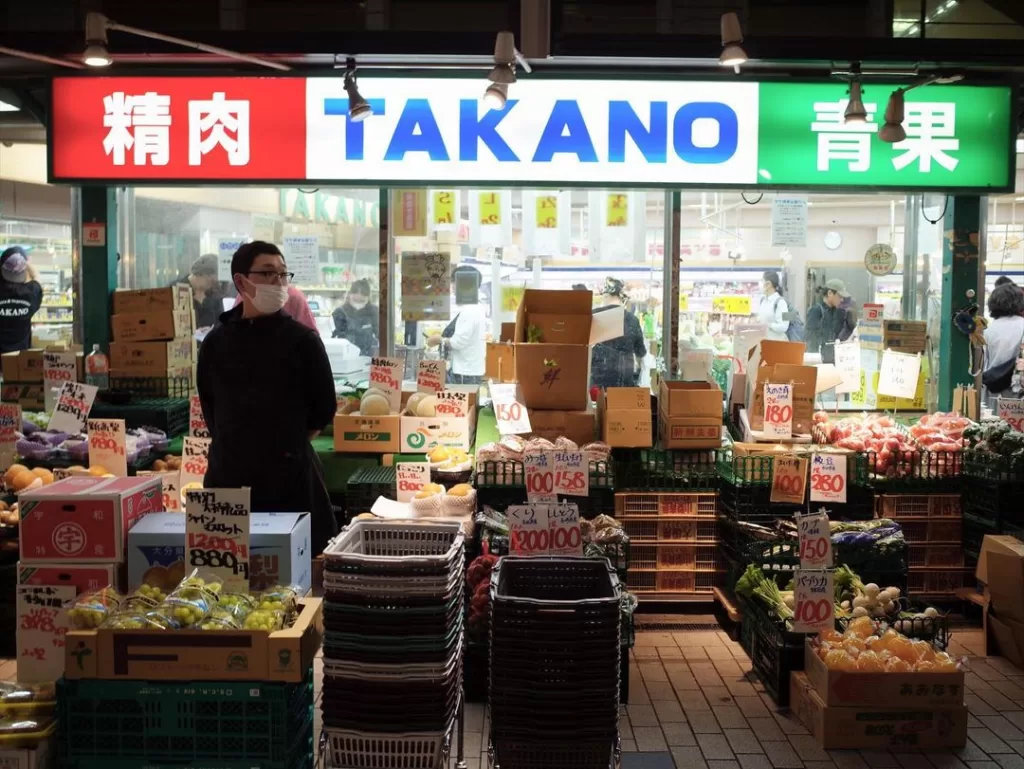
While larger cities in Japan have seen an increase in international grocery stores, smaller towns might not offer the same variety. Finding specific items from your home country can be expensive, limited, or entirely inaccessible.
Even though Japan is abundant in unique cuisine and flavors to explore, the inability to easily access familiar comfort foods might cause feelings of homesickness.
Similarly, certain products, such as clothing sizes and personal hygiene items, may be difficult to come by. As a result, you may need to adapt to the local market options or rely on family and friends back home to send care packages regularly.
12. 🌱Isolation for Vegetarians and Vegans

If you follow a vegetarian or vegan lifestyle, adjusting to the Japanese culinary scene may prove challenging. Traditional Japanese cuisine often involves fish, seafood, and meat-based broths, which could make it difficult for those with dietary restrictions to find suitable meals.
Though Tokyo does have a growing number of vegan or vegetarian-friendly restaurants, smaller cities and towns might not offer the same variety.
Animal products are often subtly featured in dishes, making it important to develop a strong understanding of ingredients and communicate clearly with restaurant staff about your preferences.
13. 💼Job Market Competition
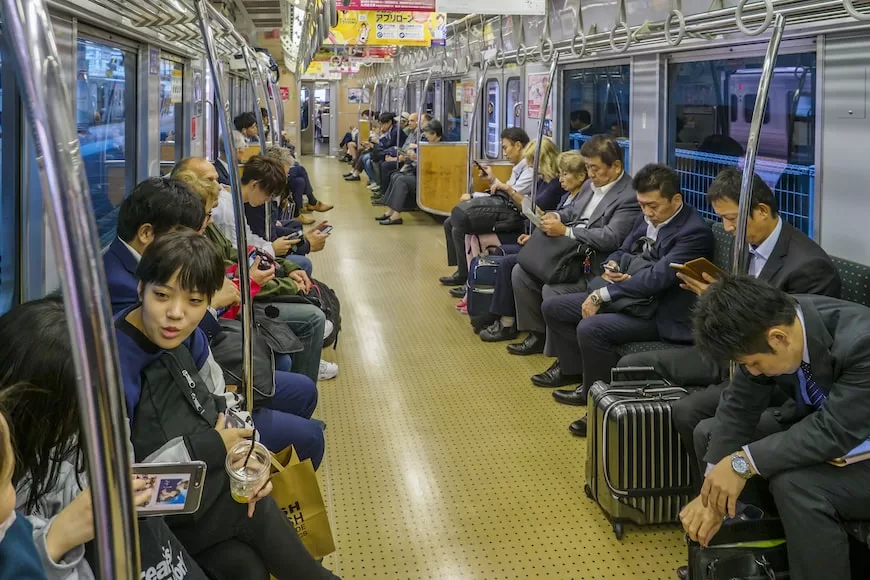
The job market in Japan can be fiercely competitive for both locals and foreigners. While teaching English is a popular choice for expats, these positions can be limiting in terms of career growth and salary.
Other industries might require fluency in Japanese and familiarity with corporate culture, which could hinder advancement opportunities for those lacking language proficiency.
Furthermore, a rapidly aging population coupled with a declining birth rate might cause sluggish economic growth contributing to a tighter job market.
14. 🤝Restricted Networking Opportunities
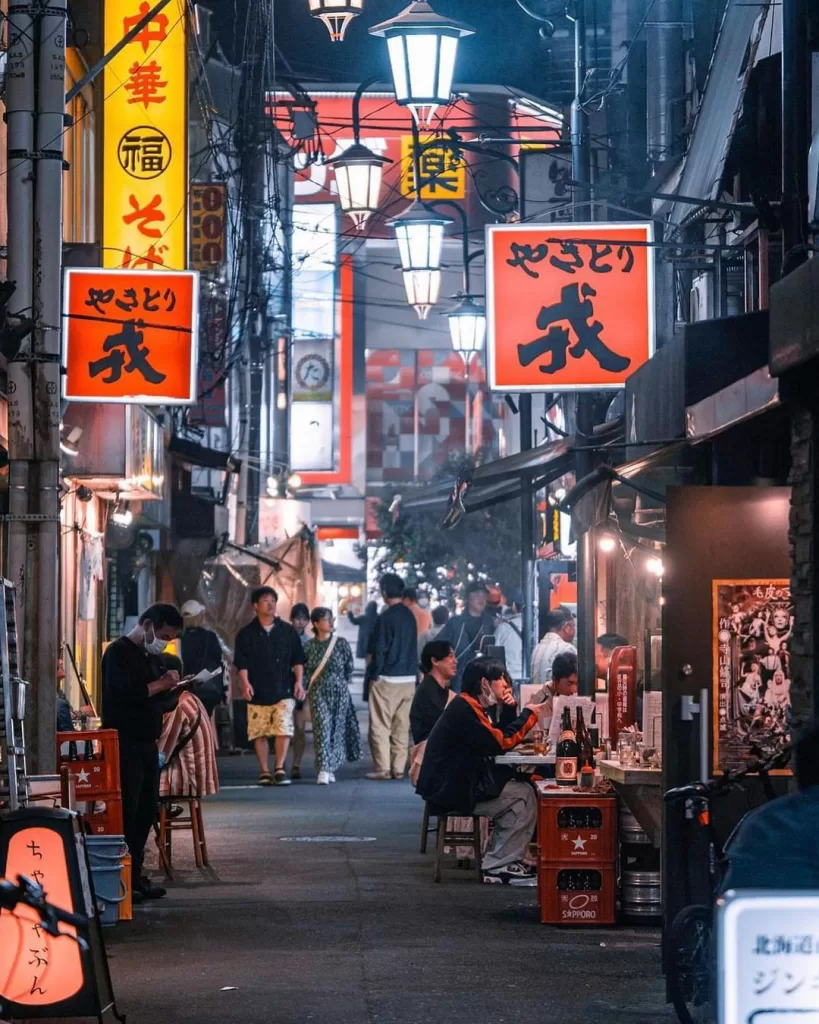
Building professional connections in Japan may be more difficult than in other countries due to language barriers and work culture dynamics.
As networking events often revolve around alcohol (“nomikai”), those who do not drink alcohol may find fewer opportunities to build relationships that could help propel their careers forward.
Additionally, the hierarchical nature of Japanese businesses could create challenges when networking across different levels of seniority within an organization.
15. 🐾Limited Pet-Friendly Housing Options
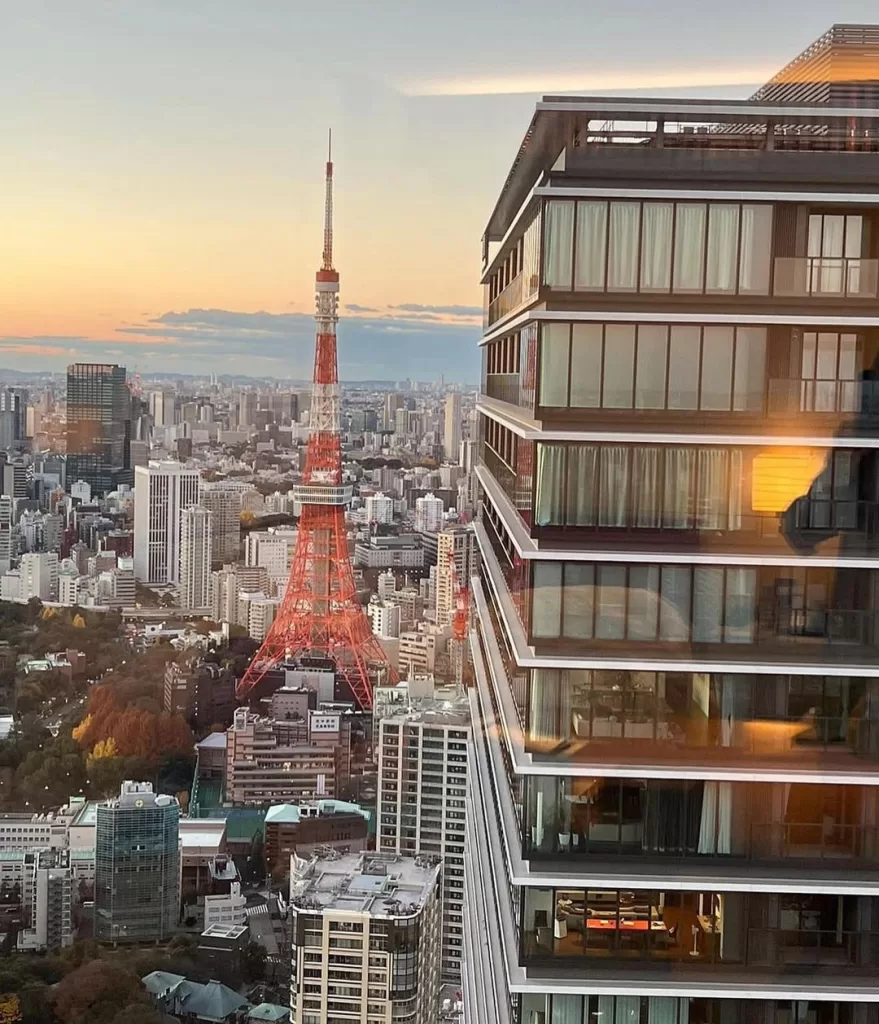
Finding pet-friendly accommodations in Japan can be time-consuming and restrictive. Many landlords enforce strict no-pets policies on their properties due to concerns about damage or cleanliness.
When settling in Japan with pets or planning on adopting one after moving there, you would have limited options when choosing an apartment or rental property that accommodates your furry family members.
Ensure you research possible housing options before relocating with pets carefully.
16. 🗣️Overemphasis on Honne and Tatemae

A unique aspect of the Japanese social culture is the distinction between “honne” (true feelings) and “tatemae” (social façade). This concept emphasizes withholding personal opinions or disagreeing publicly to maintain societal harmony, even if it contradicts one’s actual thoughts.
For foreigners who value direct communication and emotional expression, this duality can be difficult to navigate, leading to misunderstandings or unvoiced frustrations.
Adjusting to a culture that stresses diplomacy over personal opinions might not be suitable for everyone.